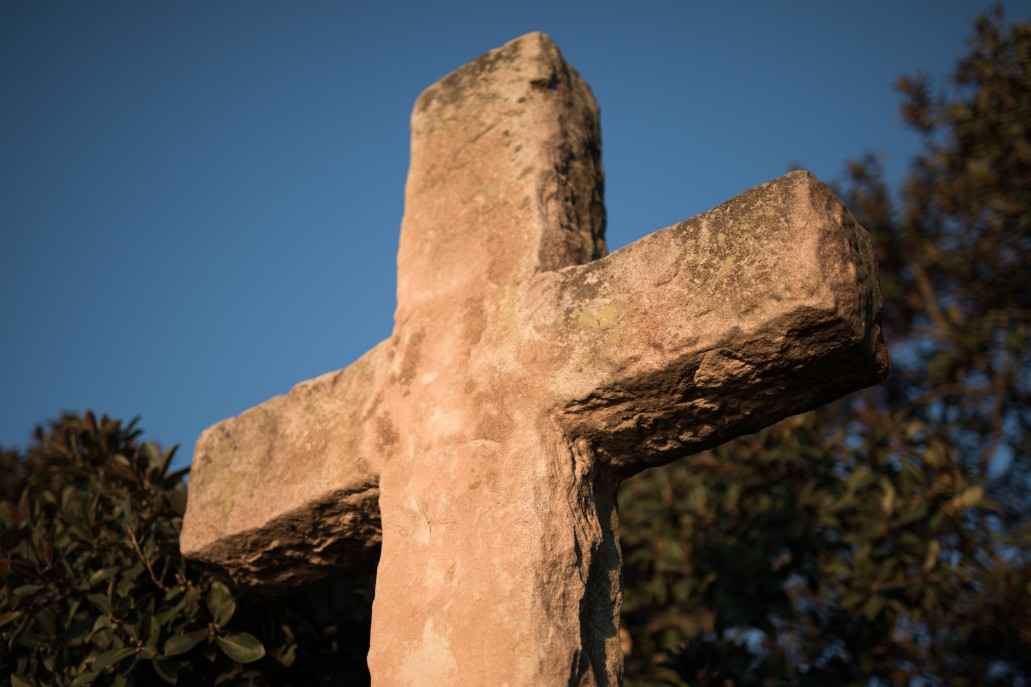A review of Failing Liberty 101: How We Are Leaving Young Americans Unprepared for Citizenship in a Free Society

In one of the most theatrical and oft-retold pieces of early American lore, a woman approaches Benjamin Franklin after the Constitutional Convention and inquires about what the delegates had created. Franklin replies, “A republic madam, if you can keep it.”
In Failing Liberty 101, author William Damon argues that for the first time in our nation’s history, the forthcoming generation of Americans are neither qualified to nor interested in preserving the American republic. According to Damon, “a mix of unresponsive educational practices, uniformed social policies, irresponsible mass media, community disintegration waning traditional belief systems, the dubious values of post-modern culture, and legions of homes bereft of constructive guidance” have failed to instill the necessary democratic values in the current generation of students.
More than any other failing of these institutions, the inability to understand and preserve liberty will be our generation’s lasting legacy. Damon points out that while the collapse of the stable family has significantly set back the character education for the children of broken homes, there is nothing politically that can be done to save families. He focuses instead on the most easily addressed problem—the public education system.
The campaign to separate church and state has led to the complete separation of values and education. Apart from explicitly religious private education, morality has become, in Damon’s terms, “a matter of controversy.” Democratic values necessary for keeping the republic, such as “honesty, fairness, compassion, common decency, respect for the rights of others and for legitimate authority,” have been lost in the rush to purge traditional religious values from the classroom.
It is well documented that public schools have been failing our students academically, but Damon says that “the neglect of character and civic education” is by far the worse crime. He says that our schools “have lost the capacity to discuss moral matters with students in ways that could help them acquire virtue.” Damon places the blame upon the intellectual elites that have convinced policy makers to remove the importance of American citizenship from education and in its stead teach of global citizenship. But being a citizen of the world imparts no values and respects no cultures. Damon calls it “an empty concept.” He goes on to explain:
Our students will not be able to vote for a public official of the world; they will not petition to a world court to address a grievance; no global government will protect their property or their rights; they will not pay taxes to the world; they will not be inducted to serve in a world jury or in a world army.
Additionally, aspiring to global citizenship betrays the American ideal of diversity. Our country celebrates a wide array of cultures and inclusively embraces a variety of religions, traditions, and values systems. Global citizenship demands acquiescence to less tolerant cultures and subservience to a more uniform, ubiquitous morality. According to Damon, “this uniquely positive American orientation towards diversity stems in large part from the principles reflected in the founding documents, which establish a climate of liberty and opportunity for all, making possible the successful inclusion and advancement of émigrés from all parts of the world.”
This is one of America’s greatest assets, a prized gem of democracy in danger of being lost to the global consensus. Walter Williams recently said that “discouraging young Americans from identifying with their country and celebrating our traditional American quest for liberty and equal rights removes the most powerful motivation to learn civics and U.S. history.” This willful ignorance and “possible contempt for American values” already has had an effect on civic engagement. Without democratic values to believe in, not only is there a lack of involvement, but there is no faith in the American Dream. Damon’s research team has performed many in-depth interviews with students and young adults that reveal the near-sightedness and self-centeredness that is blinding them to the long-term implications of the loss of liberty—and has prevented them from believing in the American Dream.
The degeneration of the American Dream from the spiritual to the material—and from the joy of devotion to the common good to the quest for personal gratification—is a giant step away from the kind of dedicated citizenry needed to preserve a free society.
One student interviewed said that the American Dream “is just something people believed back in the older days. I don’t know if it was ever right, but it doesn’t make a whole lot of sense for me or my friends that I know.” In another incident, a high school history teacher was actually teaching the students that the American Dream has died “because prospects for success in this country have shriveled for all but the wealthy.” The American Dream has never been about the “prospects for success,” but rather the hard-work and determination necessary to make your own way. But hard work is among the civic values necessary to preserve liberty, and has slowly been expunged from our education.
Damon’s outlook is not entirely pessimistic. He notes a very real, silver lining:
The true story of youth today is fragmentation and schism: a younger generation that includes individuals who are on track to becoming sterling citizens but who are growing up next to many others in their cohort who have found nothing to believe in or aspire to and who have little hope of gaining the skills or purpose they will need to succeed and become active citizens.
Those of us who are “on track to becoming sterling citizens” must recognize the need that our future faces. If we do not work to preserve liberty, it is doubtful that our apathetic peers will take up the fight. Damon urges that we “understand the links between virtue and liberty” and do what we can to “open our schools, our homes, and our popular culture to expressions of virtue that can inform and inspire the finest possible civic education and character development of young people.”
Damon’s central message should serve as a wake-up call for sterling citizens to open our eyes to the failings around us and act. We must work to keep the republic.



